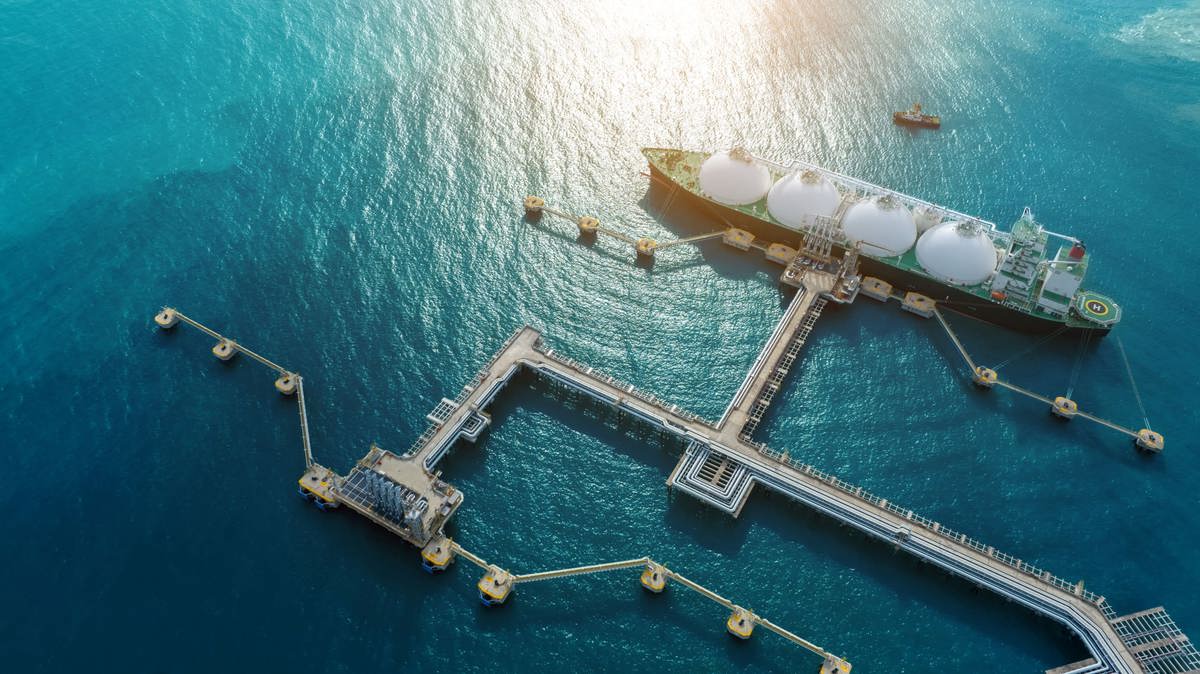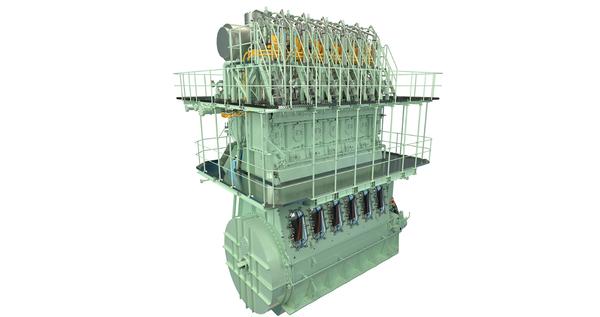The Week in Alt Fuels: Green fuel symbiosis
Shipping companies and fuel producers are forming synergistic collaborations intended to create long-term demand for producers and provide reliable access to green marine fuel for shipping companies.
 PHOTO: Getty Images
PHOTO: Getty Images
Japanese shipping company Kawasaki Kisen Kaisha (K Line) has teamed up with renewable LNG producer Tree Energy Solutions (TES) to adopt synthetic natural gas (e-LNG) for K Line’s vessels. K Line and its subsidiaries will explore whether it can procure e-LNG from TES’ gas distribution plant in Wilhelmshaven, Germany for bunkering in Europe. E-LNG is produced by combining green hydrogen, generated from renewable electricity, with biogenic or recycled CO2. Since e-LNG is essentially a methane molecule, it can be blended with LNG or used by itself on LNG-fuelled ships without modification.
Japan's Itochu Corporation plans to buy green ammonia from ACWA Power's Egypt plant, which has an initial capacity of 600,000 mt/year. The company plans to use the sourced green ammonia for bunkering in the Suez Canal. It also wants to develop ammonia bunkering facilities in Singapore, in the Gibraltar Strait and other European ports, the Panama Canal and Japan. Itochu has invested in an ammonia-capable vessel that is expected to join its fleet by 2026.
Yara International launched a green hydrogen plant in Norway’s Herøya Industrial Park. Green hydrogen from this facility will be used to produce green ammonia, which it intends to supply as fuel to ships and other outlets. In the past year, Yara Clean Ammonia has secured at least two shipping offtakers for its clean ammonia. It will supply green and blue ammonia to NorthSea Container Line's ammonia-capable ship starting in 2026, and to Höegh Autoliners' upcoming ammonia-ready fleet once these vessels are equipped to operate on ammonia.
Renewable fuel producer OCI Global teamed up with Waga Energy to produce biomethane in Beaumont, Texas in the US. Waga Energy has developed a modular unit that produces biomethane by purifying biogas from landfill waste. The biomethane will be injected into the natural gas grid, and OCI Global will also use it to produce biomethanol using a mass balance method. OCI Global has bunkered two ships with biomethanol over the past year, and signed a biomethanol supply agreement with X-Press Feeders.
In other news, Danish maritime firm Green Marine Group and terminal operator Vopak joined hands to develop green methanol storage facilities in the Chinese ports of Shanghai and Tianjin. Green Marine Group intends to secure port storage capacity in order to cater to green methanol demand from ships in China.
Swedish furniture giant IKEA will buy carbon credits from Korean container line HMM to claim CO2 reductions across its supply chain operations. As part of the agreement, HMM will bunker some of its vessels on the Far East-India-Mediterranean route with B30-HSFO blends. It expects to save up to 11,500 mt of CO2-equivalent (CO2e) emissions during the term of the agreement, which runs from March 2024 to February 2025. HMM will then allocate carbon credits equal to the CO2e savings caused by the use of biofuel to IKEA, based on the mass balance principle.
By Konica Bhatt
Please get in touch with comments or additional info to news@engine.online






